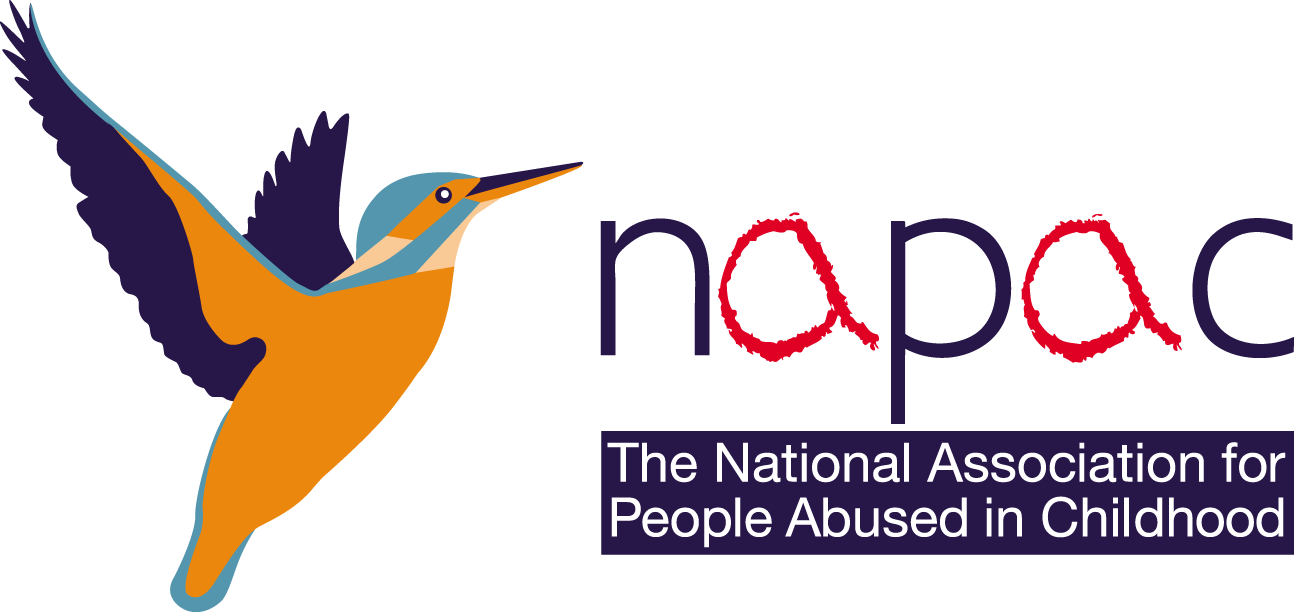NAPAC receives calls and e-mails from many supporters asking how best to help the survivors in their lives. We would like to take this opportunity to thank you for this. Recovering from complex childhood trauma is hard work and can take a very long time. Appropriate support can be empowering and make the recovery journey a little easier for survivors. NAPAC offers survivors and supporters valuable resources to support recovery, including telephone and e-mail support, support groups and literature. Additional support options such as counselling and psychotherapy can be reached through GPs, privately or through charities that are able to offer this.
As a supporter, increasing your knowledge is a crucial step. The more informed you are about the types of abuse, their long-term effects on the mind and body and sources of help, the more confident you will be in your ability to provide support.
It’s important to let survivors work at their own pace. Sharing your knowledge and understanding is great but pressuring survivors to take steps before they are ready can be counterproductive and lead to a loss of trust. This can be particularly challenging in relationships. Knowing that your partner is a survivor, for example, can be hard to hear. You might want them to seek help, but they are not ready. This situation must be handled sensitively.
Most of the abuse that NAPAC hears about was perpetrated by a family member or someone known to (and trusted by) the family. This can cause difficulties in family dynamics, particularly as survivors recall memories of their abuse. Relationships and attitudes towards family members can change, which can be confusing for family members who are not aware of the abuse or refuse to believe that it happened. This might prolong the hurt and hinder the recovery process. Managing your own feelings while being led by the survivor is essential, as is expressing empathy and belief. This can be particularly difficult if you have a child that has been abused by another child within your family.
Survivors can experience a variety of intense feelings and emotions including anger, sadness, fear and distrust. Shame is a common feeling because of the ‘grooming’ process used by abusers to make the child feel like they chose to participate in the abuse. Coping behaviours such as drinking alcohol, substance misuse and sometimes risky sexual behaviours can be used to escape these feelings and are not inherent character traits.
Each person experiences and reacts to childhood trauma differently and there is no fully defined set of impacts or path to recovery. Ultimately, survivors need to regain a sense of control and empowerment, which was lost through their experience of abuse. It’s important for survivors to maintain hope that they will learn to live with the emotions and memories of abuse.
NAPAC hears from survivors that recovery is possible with help and support from somebody who has a good understanding of the challenges they face.
In summary, please remember:
- Stay informed
- Help the survivor to be empowered and in control
- There is no quick fix – the road to recovery can be long
- It’s not easy being a supporter and your efforts are appreciated
- Remain hopeful for the survivor even when the recovery is difficult
You can read more in our new booklet (number 7 in the series): Supporting Someone Who Was Abused as a Child?
Thank You from the NAPAC Team.
